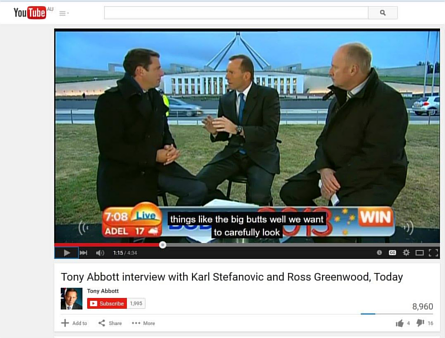Policy
Accessibility in the cloud – benefits, issues and trends
Service Providers Accessibility Guide now available via direct download
European Commission proposes making products and services more accessible
Feedback on captioning regulation wanted
Better audio description through consultation
Digital Gap pushes for change by 2017
ACCAN launches campaign for online caption quality
Accessible Canada by law
no
Show on home page

Many countries have moved towards disability inclusion through strategies, equity and diversity plans. Generally the only area that has been enshrined in law has been around building codes, but Manitoba’s new standard is an example of it reaching into digital accessibility and customer service.
Taxonomy:
Top of page










